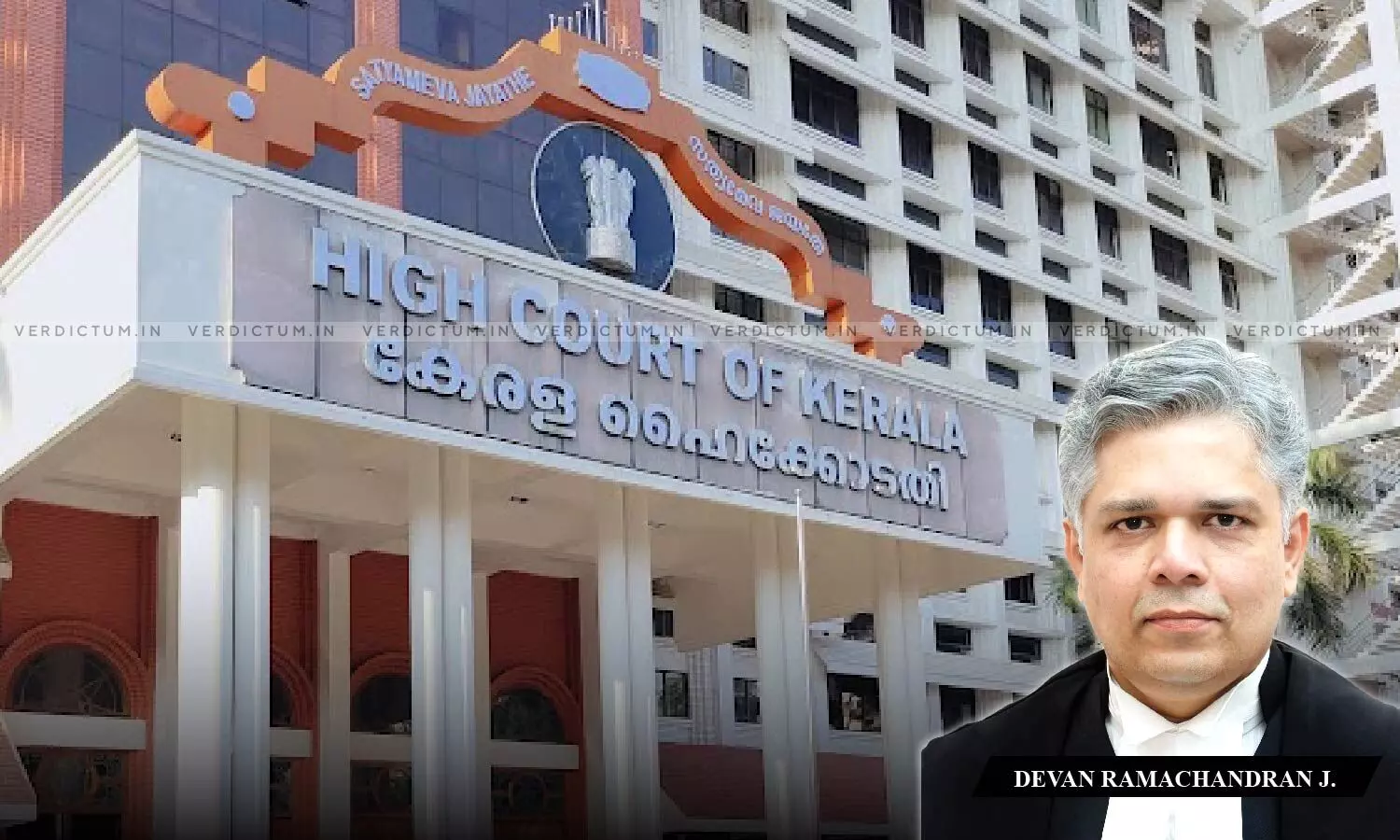
Vidyarambham Means Commencement Of Education Or Knowledge And Is Not A Religious Function: Kerala High Court
 |
|The Kerala High Court held that the event is not a religious function while emphasizing that the term Vidyarambham semantically means Commencement Of Education Or Knowledge.
The Court dismissed a Writ Petition filed by an Individual alleging that the function is designed to humiliate certain sections of the Society. The Court emphasized that the choice to participate in the function rested entirely upon the parents of the children and there was no compulsion to participate.
Justice Devan Ramachandran observed, “Apodictically, Ext.P1 does not profess the event to be a religious function, but a ‘Vidyarambham’ - which semantically means ‘commencement of education or knowledge’. There is nothing to imply therefrom that it is proposed to be conducted in a particular fashion, or in a particular manner; but solely that the parents can apply for their children to be initiated into education through certain prayers - the options of which have been indicated therein… Surely, going by the affirmative submissions made on behalf of respondents 1 and 2, it are the parents of the parents of children who will choose the prayer to be initiated to their children; and there cannot be any compulsion in this regard whatsoever”.
Advocate C. Rajendran appeared for the Petitioner and Standing Counsel Anoop P.V. appeared for the Respondent.
The Mattannur Municipality had proposed a 'Vidyarambham' function, to be conducted in their library. The Petitioner, who is a Hindu, contended that the format of the application form for the function is designed to humiliate certain sections of people since it requires children to recite and write prayers that are contrary to their religious beliefs. The Petitioner filed a Writ Petition seeking that the First and Second Respondents be immediately interdicted from conducting any such program.
The Court held that the event was not a religious function, but rather a commencement of education or knowledge. The Court also held that there was no compulsion for children to recite or write any particular prayer. The Court clarified that the choice to participate in the program was with the individual parents and that there could be no compulsion for them or their child to do what they did not want to do.
Furthermore, the Court cautioned that any attempt by anyone to color the program with any religious shade or to force or induce children to write or recite any prayer contrary to their parent's choice would be anathema to free thought and freedom of belief.
The Court held that as long as the program was conducted with secular thought, without breach of any law, and with full volition of the participants, there was no need for the Court to intervene.
“India is a land of religion pluralism – it is what defines us. It takes into its fold varied philosophies, beliefs and ethos with ease; and it has been so for the past several centuries. The event mentioned in Ext.P1, must be conducted by respondents 1 and 2 implicitly respecting this, as also the individual choices to be made by the parents. I caution that any action on their part to cause a tear on the constitutional fabric – ingrained with liberty to all its citizens of thought, expression, belief, faith and worship – can never be countenanced”, the Court noted.
Accordingly, the Court dismissed the Petition.
Cause Title: K. R. Mahadevan v Mattannur Municipality (2023:KER:63962)